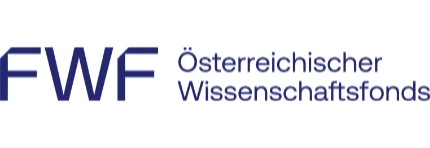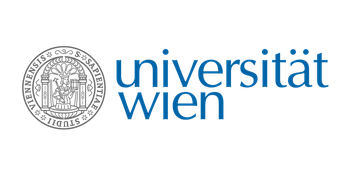
Negotiating Corporate Responsibility in the Context of ComAI
PhD project of Luisa Runge
The automation of communication content reintroduces familiar challenges known from earlier platform debates—such as misinformation, copyright infringements, and discrimination—while simultaneously producing new ones. In the context of ComAI, responsibility structures become more complex because content is no longer generated solely by users but emerges from interactions between humans and machine systems. This raises pressing questions about who should be responsible for the risks and consequences associated with ComAI. Regulatory frameworks such as the AI Act constitute initial legal responses, yet many aspects remain vague and subject to interpretation and negotiation. Beyond formal regulation, earlier debates have shown that companies occupy a powerful position in discursively defining the boundaries of responsibility, while simultaneously being pushed by public and civil-society pressure towards forms of self-regulation. As ComAI is still emerging, these negotiations are at a critical juncture that may shape how societies and policymakers respond to its challenges in the future.
Against this background, the dissertation examines how responsibility is constructed and negotiated in the field of ComAI, with particular attention to corporate practices and their interaction with civil-society demands. OpenAI’s ChatGPT, Google’s Gemini, Mistral AI’s LeChat, and Amazon’s Alexa serve as case studies, complemented by a selection of civil-society organizations engaged in ComAI debates. Conceptually, the thesis draws on responsibility discourses such as Corporate Social Responsibility, Platform Governance Discourse, and Responsible AI to conceptualize responsibility as a relational and negotiable construct rather than a fixed norm.
The analysis asks how companies frame and allocate responsibility in relation to contentious issues: Do they assume responsibility discursively, or do they shift it to users or technological systems? In addition, it investigates which responsibility expectations NGOs formulate and how companies respond to them, in order to capture the dynamics of responsibility negotiation between corporations and civil society.
Methodologically, the study combines qualitative analyses of corporate communication (e.g. blog posts, press releases), policy analyses of product terms of service, privacy policies, and usage guidelines, qualitative analyses of NGO documents, and semi-structured interviews with company employees and civil-society / NGO representatives. This multi-method approach aims to capture how corporate responsibility claims are articulated, distributed, and contested in interaction with civil-society expectations.
Contact
Contact:
Prof. Dr. Andreas Hepp
ZeMKI, Center for Media, Communication and Information Research
University of Bremen
Phone: +49 421 218-67620
Assistent Mrs. Schober: +49 421 218-67603
E-mail: andreas.hepp@uni-bremen.de







